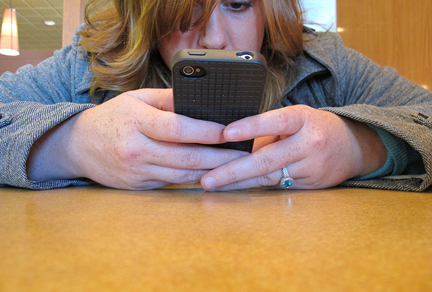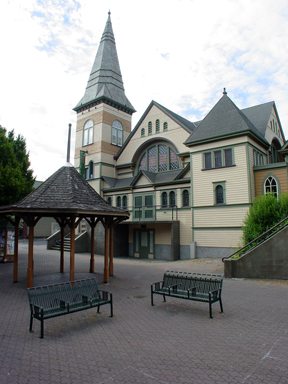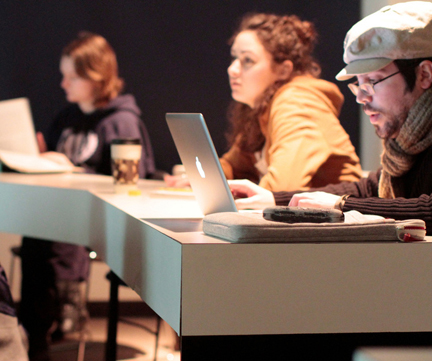
Summer calls. Many youngsters stand at the leading edge of the season and anticipate two months of endless days, sunshine, mucking around and running about. Two whole months of playing!
However, many instead will endure a packed roster of prebooked, highly managed and directed activities. Many will take part in day camp after day camp, week after week. Many will have formal and informal learning activities thrust upon them. Most will be signed up for numerous and various pursuits that will keep them occupied and out of trouble until Mom and Dad or the grandparents can take their allotted summer vacations.
Few kids will have much time for play.
Many psychologists consider play an endangered activity. Today’s children experience little free time. They participate in activities, take lessons… even play dates must be scheduled and have unwritten agendas. So much of what kids do comes with explicit expectations, predetermined objectives, and the pressing, stress-inducing need to be somewhere at such and such a time, then off to somewhere else for something else, with little time between.
The danger in all this busy-ness, warn child-development experts, is that it comes at the cost of free, creative play. Researchers have long rooted around in the human mind to tease out how play affects kids in the moment, a few months down the road, and later on when they become adults.
Play, they’ve found, is essential for children’s social, physical, mental and emotional development and health. Scientists have found that play increases mental and emotional flexibility, creativity, and social skills, as well as increases kids’ abilities to find meaning in experiences, regulate their emotions and stress, express themselves creatively, coherently and spontaneously, and think laterally and divergently….
Read the rest of this editorial at the Victoria Times Colonist….






